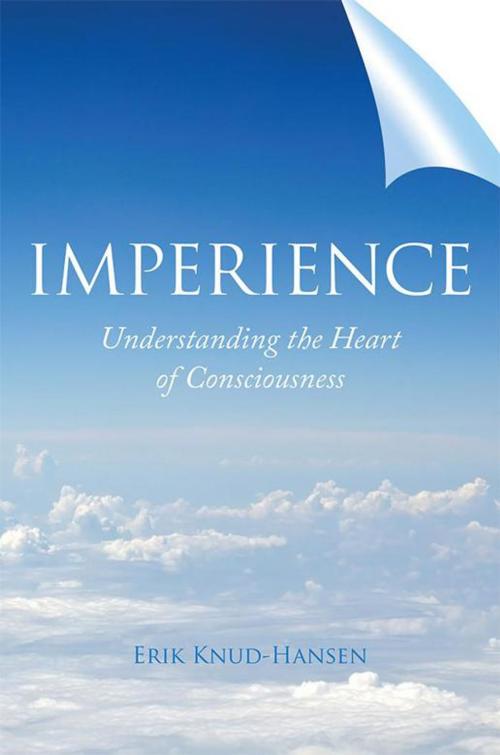Imperience
Understanding the Heart of Consciousness
Nonfiction, Religion & Spirituality, Occult, Spiritualism, New Age| Author: | Erik Knud-Hansen | ISBN: | 9781504344487 |
| Publisher: | Balboa Press | Publication: | December 11, 2015 |
| Imprint: | Balboa Press | Language: | English |
| Author: | Erik Knud-Hansen |
| ISBN: | 9781504344487 |
| Publisher: | Balboa Press |
| Publication: | December 11, 2015 |
| Imprint: | Balboa Press |
| Language: | English |
Imperience: Understanding the Heart of Consciousness presents a brief, contemporary version of timeless spiritual knowledge and intuitive insight into supreme being. It does not, however, endorse any particular supreme being or spiritual traditionincluding any rites, rituals, beliefs, dogma, or intercessionas essential to enlightenment. Whether we are persons of faith or no faith, spiritual practitioners or not, we can benefit from understanding the fundamental nature of mind and matter and the core principles that govern them. This understanding supports us to look within our own minds to see firsthand what is true.
To clarify the aim of spiritual practice, the author offers a secular view of absolute realityGod by any name or no nameto help the reader develop a sense of the nondual nature of divine consciousness and all beings within it. Because consciousness itself has no material reality, it cannot be experienced objectively, only imperienced directly within our own being. Imperience is how we sense conscious awareness and awaken intuitive insight into the dharma (truth) of nonduality and the very heart of consciousness.
We regard profoundly wholesome qualities like love, compassion, and moral conscience as matters of the heart, and when they are awake in us, we imperience them throughout our body and being. The depths of these feelings reflect their source in divine consciousness, which we are able to sense most directly and personally in our bloodindependent of our brain. Because our blood is most concentrated in our chest, this is where we feel love and empathy most prominently, and why we consider these qualities to be matters of the heart.
Imperience: Understanding the Heart of Consciousness presents a brief, contemporary version of timeless spiritual knowledge and intuitive insight into supreme being. It does not, however, endorse any particular supreme being or spiritual traditionincluding any rites, rituals, beliefs, dogma, or intercessionas essential to enlightenment. Whether we are persons of faith or no faith, spiritual practitioners or not, we can benefit from understanding the fundamental nature of mind and matter and the core principles that govern them. This understanding supports us to look within our own minds to see firsthand what is true.
To clarify the aim of spiritual practice, the author offers a secular view of absolute realityGod by any name or no nameto help the reader develop a sense of the nondual nature of divine consciousness and all beings within it. Because consciousness itself has no material reality, it cannot be experienced objectively, only imperienced directly within our own being. Imperience is how we sense conscious awareness and awaken intuitive insight into the dharma (truth) of nonduality and the very heart of consciousness.
We regard profoundly wholesome qualities like love, compassion, and moral conscience as matters of the heart, and when they are awake in us, we imperience them throughout our body and being. The depths of these feelings reflect their source in divine consciousness, which we are able to sense most directly and personally in our bloodindependent of our brain. Because our blood is most concentrated in our chest, this is where we feel love and empathy most prominently, and why we consider these qualities to be matters of the heart.















